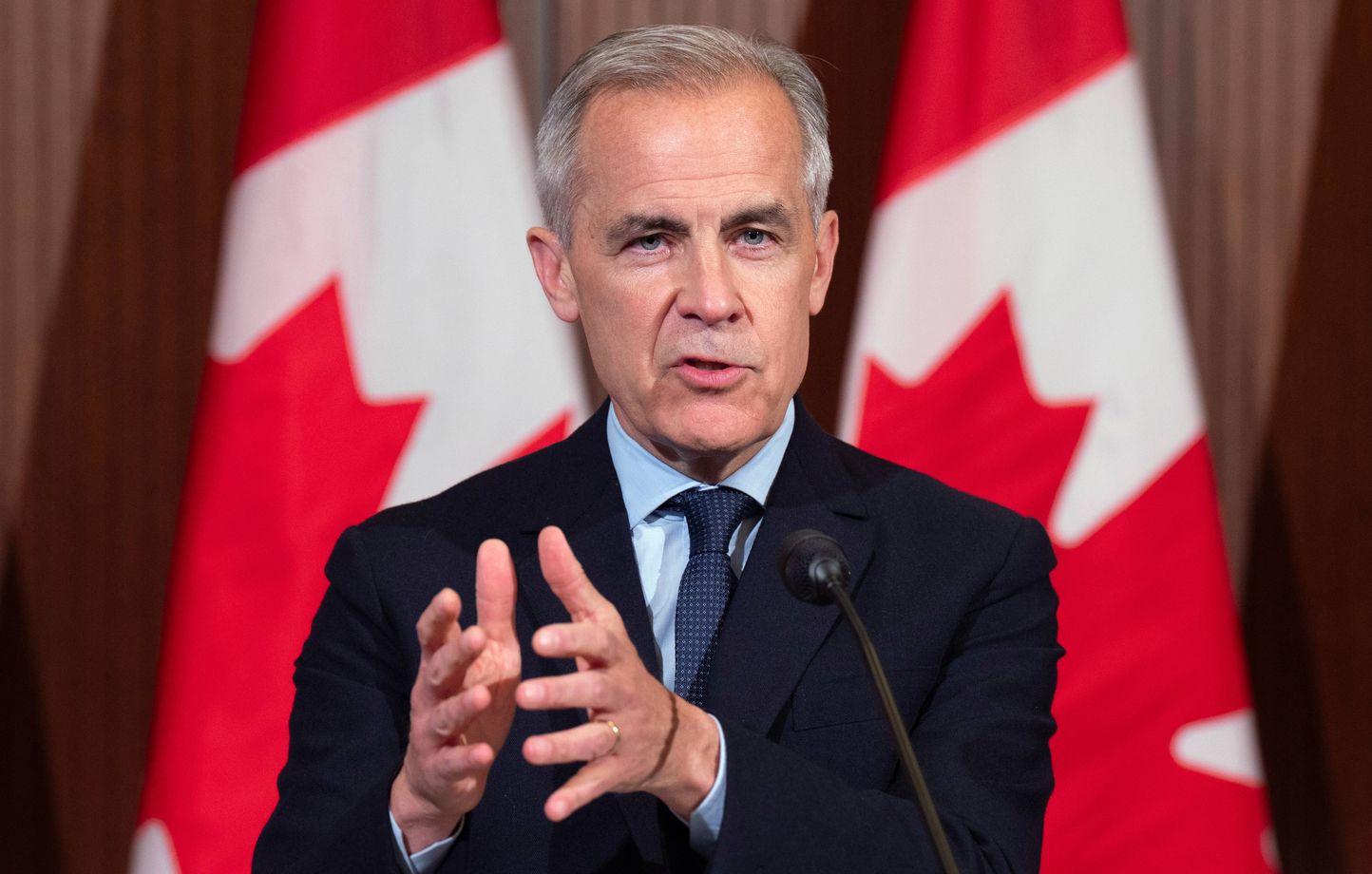Every morning, Dumisani Ngara* gets up at dawn to catch a 6:30am bus to work at Zimbabwe’s Ministry of National Housing and Social Amenities. The government-provided bus is free for civil servants in Harare, and on his $250 monthly salary, he tries to save every cent he can.
Once at work, Ngara – dressed neatly in a suit and tie – makes sure the day’s files are all in order before the office opens at 8:30am. In between paperwork and meetings, he takes breaks. At 1pm, he opens a lunchbox packed with rice and meat he prepared at home.
“Most of us here, we work to the best of our ability. It is a profession I love. It comes also with job security,” said the 48-year-old husband and father of three.
But by 5pm, as the end of the workday arrives, instead of heading home, Ngara rushes to a restroom in the pub across the street, where he changes into sweatpants and a T-shirt before walking four blocks to join his oldest son at a pavement stall in the city centre. From there, they sell groceries to passers-by.
Ngara’s side hustle is a secret, as Zimbabwean government workers are restricted from holding other jobs. But he says life is tough on a single-source income.
Ngara has been a government worker since 2010, but making ends meet has been especially difficult since 2019, when inflation shot up to 300 percent and the value of his salary eroded.
To afford rent and other expenses, his family had to make a plan.
“My wife is into vending of fruits and vegetables at home while I do the same after work here in the CBD,” Ngara said, referring to the central business district.
‘Salaries are pathetic’
The Ngaras are not alone.
Out on Harare’s streets, a growing number of civil servants are turning to vending once their official workday ends.
Most work until 9 or 10pm, although Ngara heads home at about 8pm.
Many of those turning to vending work are teachers. Takavafira Zhou is the president of the Progressive Teachers Union of Zimbabwe and says teachers are taking on these extra, informal jobs because “salaries are pathetic” and “families cannot make ends meet”.
People are “failing to pay school fees, to feed their families, to pay medical bills, to pay rentals,” he explained. “Therefore, government workers have designed methods of survival.”
According to Zhou, “the majority of government workers” have now turned to some sort of vending, although there is no data to confirm this.
According to ZimStats, the government statistics agency, the informal sector in Zimbabwe contributes 18 percent to the country’s gross domestic product (GDP) and 20 percent of employment. But experts say the government downplays the numbers and that a majority of Zimbabweans work in the informal sector.
“It is a situation where you have a choice to starve or to find survival methods, bearing in mind that the employer is uncaring,” Zhou added, accusing the state of offering unreasonable salaries and not improving working conditions for teachers.
Before November 2018, most Zimbabwean civil servants, including teachers, earned a basic monthly salary of about $540.
However, since the economic downturn in 2019, the government stopped offering full US dollar-pegged payments. Salaries are now split into two portions: a US dollar (USD) component – $160 for most civil servants – and an amount in local currency, which equals less than $100 when converted.
‘We are in a jungle’
Late one afternoon, Ngara and his 21-year-old son spread out their wares on the pavement in front of registered supermarkets and stores selling the same goods they do.
Last year, in a bid to tackle hyperinflation, the government introduced a new gold-backed currency, the ZiG, and imposed stricter regulations on the use of foreign currency. As a result, registered stores must trade in the local currency or use official USD exchange rates.
Informal vendors, meanwhile, use black market exchange rates, meaning their products are cheaper for customers. They also trade in hard USD currency. Most Zimbabweans keep USD notes instead of local bills, as it is more stable, and prefer buying from vendors.
“We do not accept the local currency,” explained Tariro Musekiwa, a street vendor sitting on a cardboard box, who only trades in USD.
Currently, the official exchange rate is $1 to 26.4 ZiG, while the unofficial black-market rate ranges from 36 to 40 ZiG per USD, giving consumers more for less on the informal market.
People need to buy goods at a lower cost, said Musekiwa, who sells soaps, cordial drinks and yoghurts. Because the same products are more expensive in stores, he believes the vendors are offering an important service.
Ngara agreed. “If you look in the streets, all pavements and corners are filled with people selling something. So I try to sell goods which sell quickly at lower prices,” he said.
“We are in a jungle, and it is the survival of the fittest.”
For registered store owners, though, the influx of vendors has not been a blessing.
Trymore Chirozva, the manager at Food World, a supermarket retailer in Harare, expressed dismay that vendors sell similar products outside on the pavement.
“Unlike before, when vendors would sell fruits and vegetables only, of recent they have become mini-stores, affecting our business,” he said.
Harare’s CBD has just five official vending sites, which accommodate fewer than 200 vendors. Yet, thousands of informal vendors flock to the streets every day.
Ngara and many others admit they operate without official permits but say they find ways around the rules. “The officers just demand some bribes, or sometimes just pass [us by].”
Big business closing shop
Chirozva believes stores like his are negatively affected because vendors are not regulated as strictly as big businesses.
Patience Maodza, an economist, believes vendors are leveraging on the regulation gap.
“The government overregulates shops but not vendors, creating [an] unfair business environment for the registered entities which are tax compliant.”
In the past 12 months, Zimbabwe has witnessed the closure of leading regional chain stores and clothing lines, most citing two reasons: the restrictions on the use of USD and an influx of vendors taking over their business without government intervention.
One of Zimbabwe’s largest wholesale hardware companies, N Richards Group, has closed two branches.
Speaking to Zimbabwe’s parliament, Archie Dongo, the director of the N Richards Group, said the government is overburdening those who already pay tax.
“Reduce the taxation level and the tax heads, but collect that tax from as many players as possible. In that way, we will not have a problem of fiscal mobilisation in the economy; we actually believe we’ll get more tax that way,” Dongo said.
OK Zimbabwe, the country’s top supermarket retailer, has struggled to restock its branches over the past year – a challenge compounded by the introduction of the ZiG, which disrupted supply chains and pricing structures. The retailer closed five of its supermarkets in January.
Economist Kajiva believes that the government’s economic policies have played “a significant role” in the business sector’s struggles.
“The policy has resulted in a sharp reduction in money supply, placing considerable pressure on businesses, including major retailers like OK Zimbabwe and N Richards,” he said.
“These companies have been forced to downsize in response to a challenging economic climate driven by tight fiscal conditions.”
‘Something tangible’
As traditional businesses struggle, so do traditional workers.

Sign up for free AllAfrica Newsletters
Get the latest in African news delivered straight to your inbox
While many like Ngara are embracing side hustles, some have abandoned their government jobs altogether.
Portia Mbano, 39, left her job as a civil servant to become a full-time vendor.
At first, she started as a small-time seller after office hours. But she soon realised she was “ageing and needs something tangible”.
“I realised that I was losing a lot by spending time at the offices [rather] than to take this as a full-time job,” she said.
She now sells a variety of groceries and small household items from a pavement stall in the CBD.
Samuel Mangoma, the director of Vendors Initiative for Social and Economic Transformation (VISET), an organisation advancing the rights of informal economy workers across Africa, told Al Jazeera there has been a “sharp rise” in street vendors in central Harare.
“This is as a result of limited opportunities in the formal job market,” he said, with many people now “finding refuge in the informal sector”.
However, he frowns on vendors operating in front of stores, selling the same goods for cheaper prices.
“People are trying to survive in this very difficult economic environment. But, we don’t encourage our members to go and occupy spaces in front of grocery shops and big retailers. We encourage our members to operate from spaces where we don’t create conflict unnecessarily with other business players,” he said.
Nevertheless, out on the streets, government workers continue to set up their informal shops, with Ngara saying he plans to continue until his family is stable enough to survive without it.
“I need my son to go to university and at least own a property for my family, so I need both jobs until such a time,” Ngara said.
“Despite challenges we face in the streets, including the government through the council and police trying to remove us from the CBD, we continue the cat and mouse game – at least for now.”
*Name changed to protect privacy






